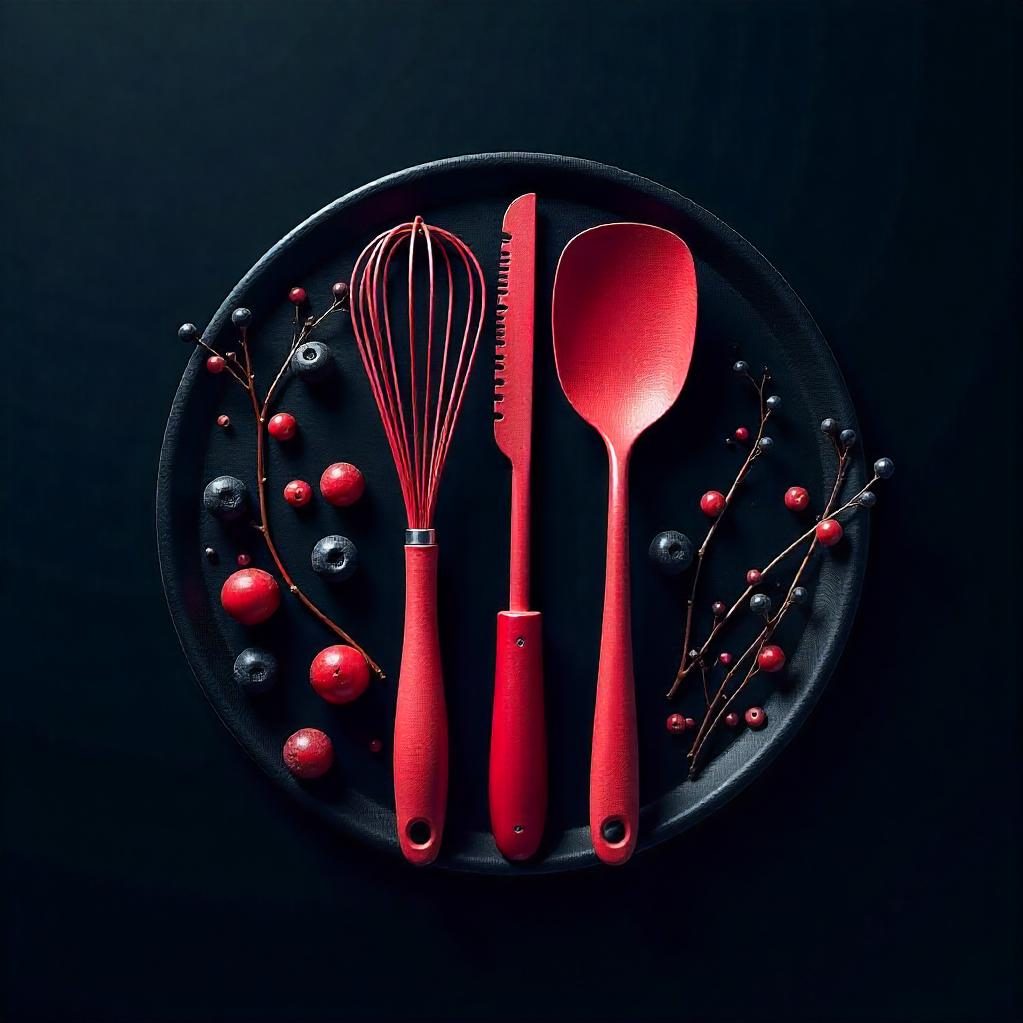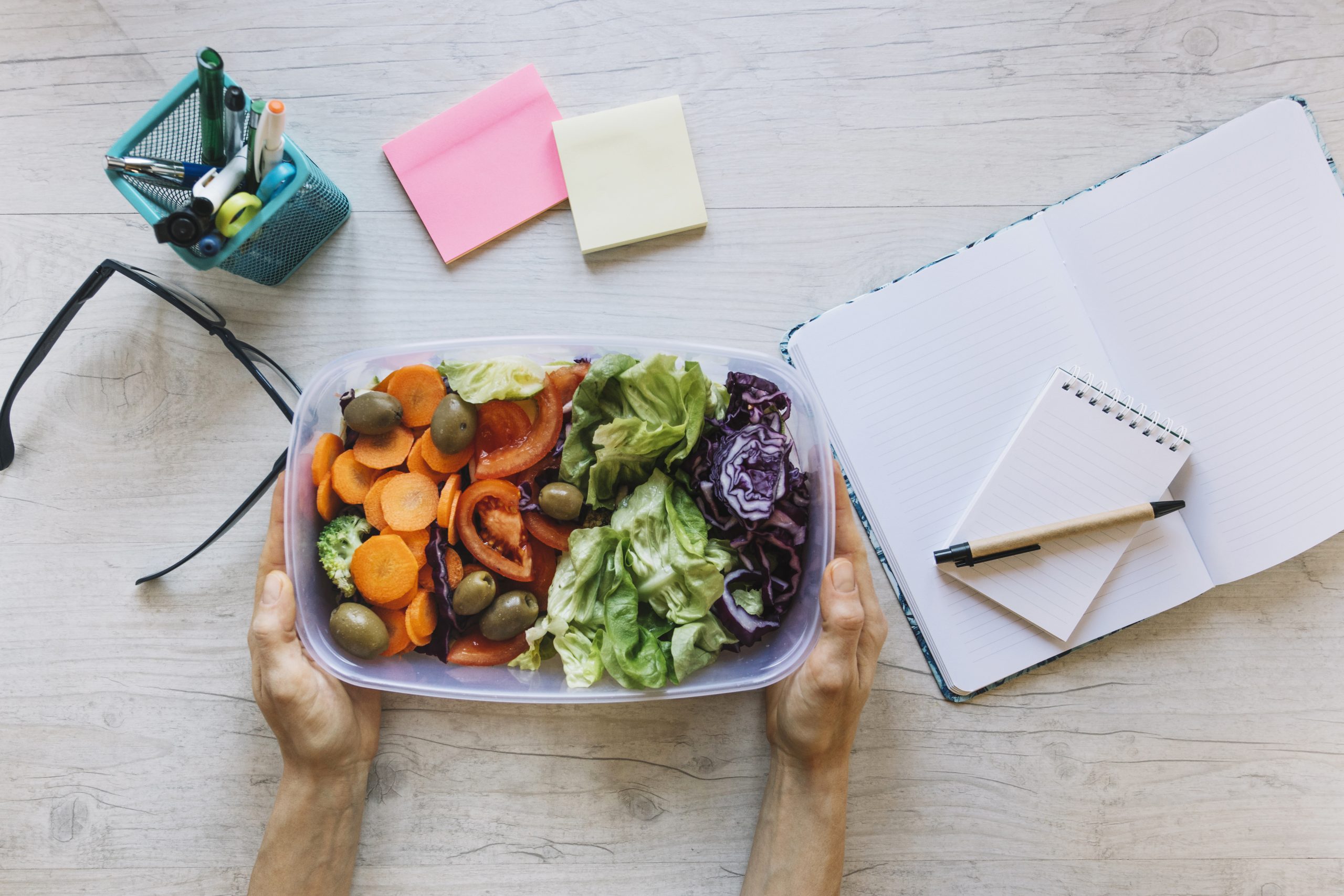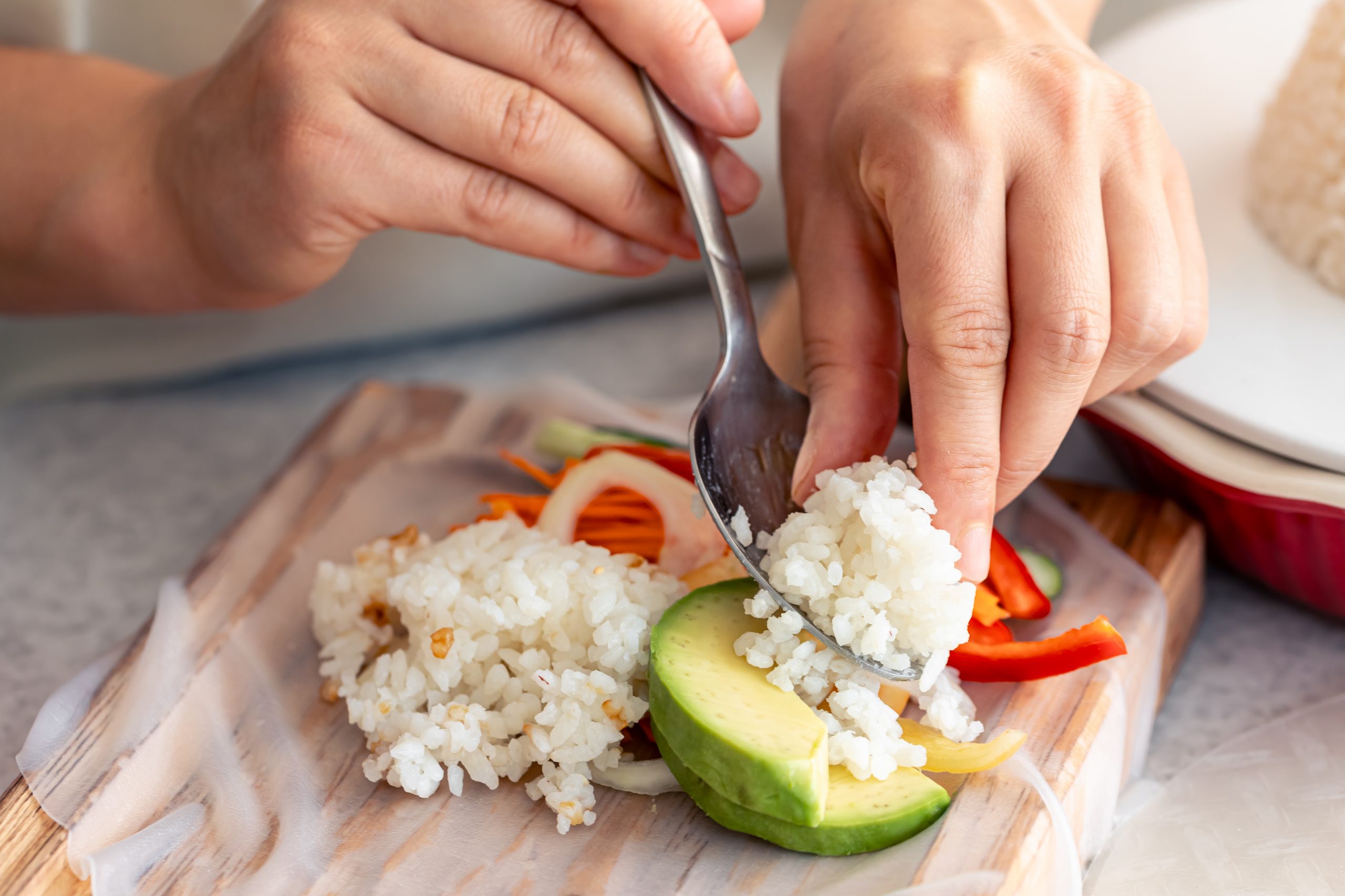Meal prepping is a game-changer for anyone looking to save time, reduce stress, and eat healthier. Whether you’re a busy professional, a parent, or just someone trying to stick to a diet, mastering meal prep can simplify your life and improve your eating habits. Here’s how to get started.
Step 1: Plan Your Meals
The key to effective meal prep is planning ahead.
- Choose Recipes: Select a few dishes that share similar ingredients to save money and minimize waste. For example, roasted vegetables can be used in salads, grain bowls, or wraps.
- Set a Schedule: Decide which day you’ll prep. Sundays are popular, but pick a day that works for you.
Step 2: Invest in Quality Storage Containers
Proper storage is essential for keeping your meals fresh and organized. Look for:
- BPA-free plastic or glass containers.
- Containers with multiple compartments for separating foods.
- Labels to help identify meals quickly.
Step 3: Prep Ingredients in Bulk
Cooking components ahead of time makes assembly easier throughout the week.
- Grains: Cook rice, quinoa, or pasta in large batches.
- Proteins: Grill or bake chicken, boil eggs, or prepare plant-based proteins like tofu or beans.
- Vegetables: Roast a variety of veggies or chop fresh ones for salads and snacks.
Step 4: Portion Your Meals
Divide your prepped food into single-serving containers. This not only saves time during busy mornings or evenings but also helps with portion control. Include:
- A protein source
- A serving of vegetables
- A healthy carb, like sweet potatoes or brown rice
Step 5: Store and Label
Label your containers with the name of the meal and the date it was prepared. Store perishable items in the fridge and freeze meals you plan to eat later in the week.
Benefits of Meal Prep
- Saves Time: Spend a few hours prepping instead of cooking daily.
- Reduces Food Waste: Only buy and prep what you need.
- Promotes Healthier Eating: Avoid takeout and enjoy nutritious, home-cooked meals.
A Sample Meal Prep Menu
- Breakfast: Overnight oats with fruit and nuts.
- Lunch: Grilled chicken with roasted vegetables and quinoa.
- Snacks: Pre-portioned hummus and veggies.
- Dinner: Stir-fried tofu with brown rice and broccoli.
Start small and gradually build your routine. With a bit of organization and practice, meal prep can become a cornerstone of your weekly habits, saving you time and helping you eat well all week long.


